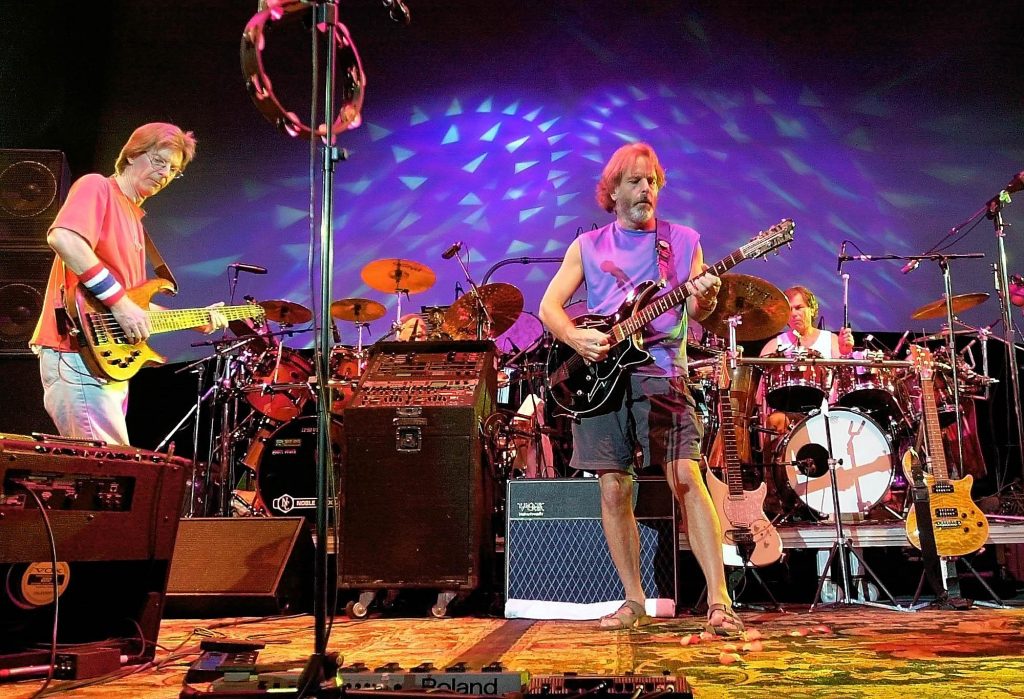Direct-to-Fan Marketing is Becoming More Popular in the Music Industry
A buzzword that is becoming increasingly popular in the online marketing industry is direct-to-fan marketing. While not every industry is embracing the concept the music industry seems to be spearheading the initiative. It’s an effective business model that empowers the musicians and as you’ll see has a lot of benefits for the end user too.
So what is direct-to-fan marketing all about? How is it a game changer? Specialists from assignment writing company have researched this field. Find out below for what this new trend is and how you can incorporate it in your marketing model.
What is direct-to-fan marketing?
It’s basically a form of marketing that cuts out the middle man. This might be the company that handles ticket sales such as Ticketmaster or a social media portal like Facebook. Instead the selling is left to the artist themselves, which gives them a lot more control over how it’s all done.
As an example, Josh Freese, a studio drummer created his own marketing campaign where he had a $7 digital download on his own website, and packages worth thousands at the professional level. In this website the level of interaction was personal, something never before seen in the music industry to that extent.
Related reading: You can read about Drum Sanders here.
The advantages
The first advantage is that there will be a higher sense of connectivity between the artist and the end user. You will no longer have to interact with a marketing agency or some sort of intermediary to buy tickets or view the promotional message that’s on offer. Having a deeper sense of connection allows the audience to be appreciated and more tickets might be sold as a result of being advertised by the artist themselves.
For the consumer the prices are likely to be lower, because there is no middle man taking a cut. When a ticket selling company manages an event to make it worth their while they need to take a sizeable cut, and the person who pays for that extra charge is the end-user. If the prices are lower then it’s likely that a higher number of people could afford the event.
The artist needs to have a direct sense of what’s working and what isn’t. Consequently, they will get a deeper sense of connection with the crowd and they’ll be able to alter their products to match what the consumer wants. With middle men involved the needs of the audience might be lost.
Loyal fans will be pleased
The average or casual fan might not care who does the marketing, all they care about is downloading that track and listening to it on the way to work. However, the super fans that are loyal and care about the little details might be waiting for exclusive giveaways, promotions and time-sensitive events. Catering to the needs of these super fans is something that direct-to-fan marketing can do very well.
Keeping these super fans is important, because these are the individuals that typically shout at the top of their lungs in the community regarding how great or poor the latest release is.
Examples of how it’s done
- E-mail marketing: initially you can use social media platforms like Facebook and Twitter to build fans, but then you must use the power of e-mail marketing to sell yourself to the fans directly. When done correctly e-mail marketing can be a low-cost way to effectively sell yourself to a customer many times over the course of years. Collecting e-mails allows you to build a database, one that becomes more valuable as it grows in size. At first the list might only be a few hundred strong, and it will be hard to sell out an event. However, as the popularity of the artist rises there is no reason why the list can’t become thousands if not hundreds of thousands big. Selling out an event at that point will be a matter of simply sending out a single e-mail.
- Sell CD’s at events: during a live event the musician can sell their own CD, a larger share of the profits goes to the artist and the fan doesn’t go home after the event empty handed.
- Social incentives for attending: the Grateful Dead had a strategy where they suggested to fans that they record the live performance, and they had a premium package at the event. This means for an extra cost you’ll get a signed CD and also a backstage pass. There are many different ways to make the fans happy and earn some extra money by being creative with direct-to-fan marketing.
Negatives of direct-to-fan marketing
The process of coming up with your own marketing messages and ideas takes time, which might be hard to come by if the artist is busy. Furthermore, the resources and effort that it takes to implement some of these marketing strategies might prove to be too much for artists that don’t have much of an infrastructure around them.
Marketing companies get paid because they do the legwork for the artist, and it’s easy to just hand over the money and not have to worry about that side of the business. However, if you give in then how can you be sure that the right marketing message is used? Are your fans being looked after in the correct way? Without having full control you’ll never really know.
Conclusion
Marketing with the direct-to-fan approach is a game changer that the music industry is beginning to embrace and other industries are sure to follow after more success case studies emerge. Sure there is some form of risk factor involved. What if people don’t like the marketing of the artist? What if the events are not going to be sold out? However, you have to bold to make it big, and most artists didn’t get to where they are by taking the “traditional” route in life.
With the direct-to-fan marketing approach you do not have to do all the legwork either. You can hire assignment writing or website creation services to get certain tasks done. The point is that the marketing message and the mechanics of how music is sold is dictated by the artist.


















